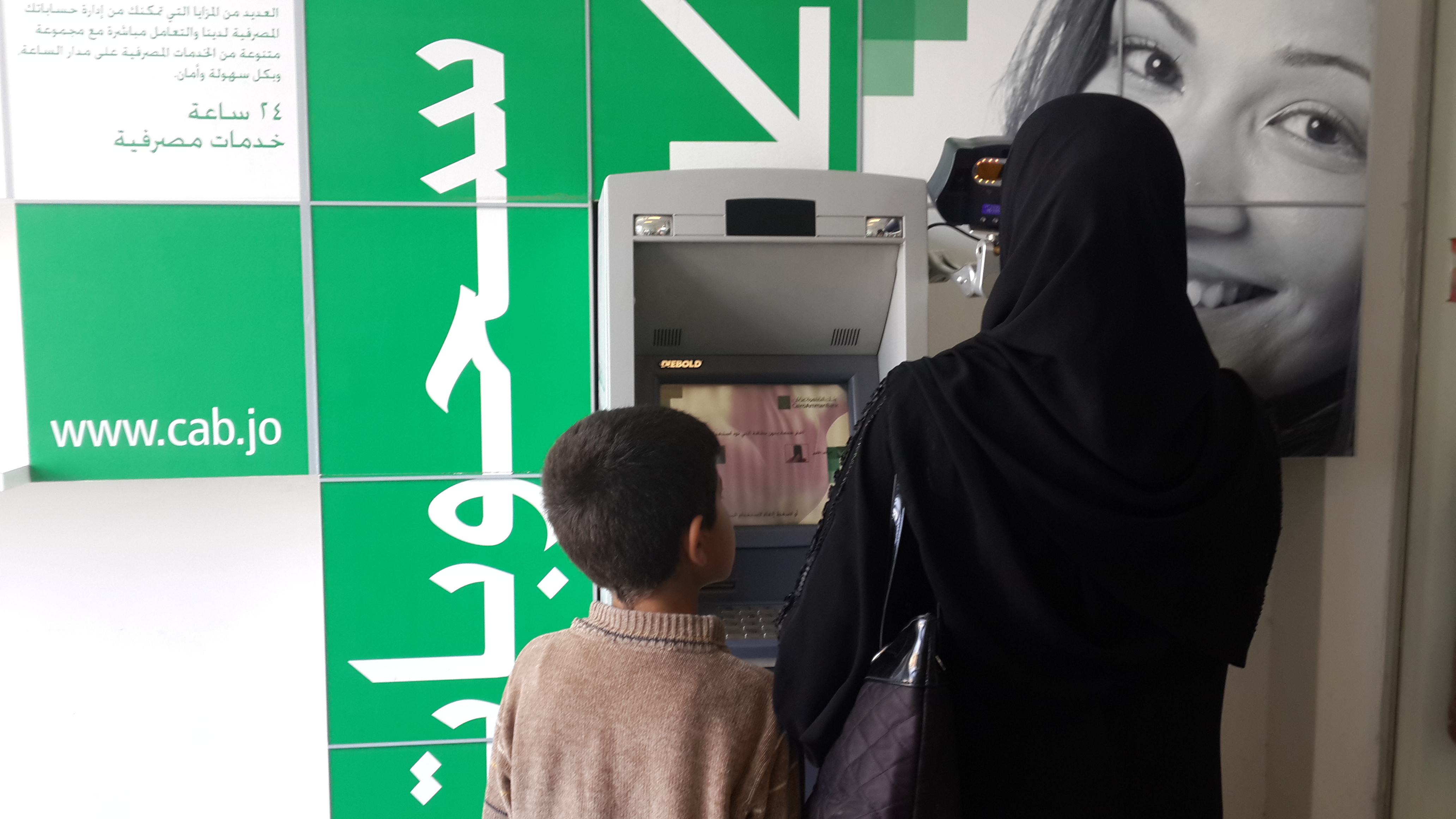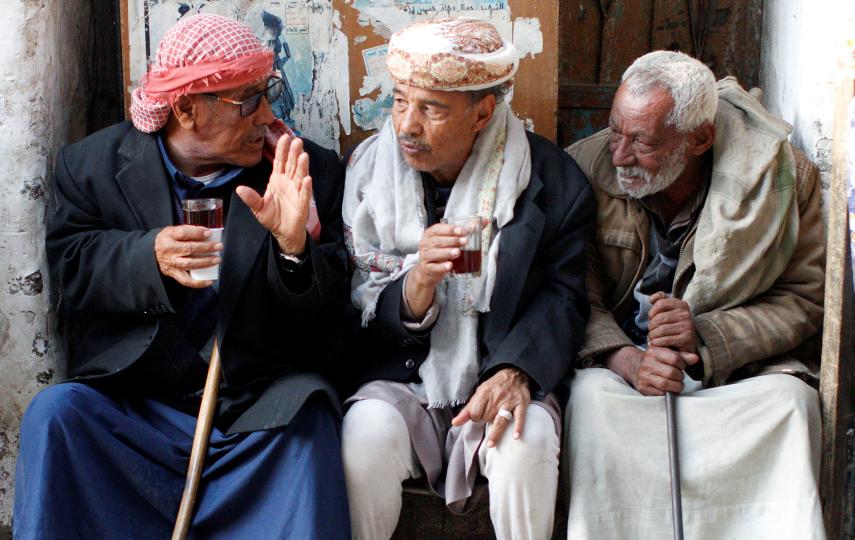Recent months have seen a proliferation of media reports attacking the UK aid programme – the latest target being cash transfers to the poor or, put differently, the “UK's £1bn foreign aid cashpoint”.
Cash transfers are increasingly being used to distribute foreign aid and have been defended by Downing Street as a particularly efficient way of reaching the world’s poorest.
The rather confused criticism sees giving cash directly to those in need as somehow less acceptable than other forms of aid, and in the same breath condemns the general wasting of aid money.
Here are five common myths about cash transfers followed by what we actually know about this form of aid:
Myth 1: Cash increases corruption
The idea of just giving cash to the poor tends to call up a mental image of wads of banknotes changing hands. For critics, the assumption is that cash is easier to steal and more tempting than other forms of assistance. But there is no reason why cash transfers should be more susceptible to corruption than other forms of social protection. In all programmes, there is a risk that people who are not eligible for the aid, be it cash or goods, will still obtain it somehow.
Just giving cash actually cuts out layers of middlemen, thereby reducing the opportunity for corruption.
Myth 2: Cash transfers make people lazy
A review of 165 studies by the Overseas Development Institute, covering 56 cash transfer programmes, found – on the whole – that they actually increased the likelihood of an adult being in work and increased the number of hours they worked per week. Child labour also tended to decrease, while school attendance improved.
In the case of Pakistan's Benazir Income Support Programme (BISP), singled out for criticism in recent media articles, a 2015 evaluation found that cash transfers only reduced labour force participation among the elderly and sick – undeniably a positive outcome.
Any form of assistance, be it foreign aid or welfare benefits in the UK, can be accused of creating a culture of dependency. However, far from removing people’s incentive to work, giving people some financial breathing room removes a lot of their constraints to participating in the labour force, such as transport costs and the need to spend time gathering food for subsistence.
Myth 3: People will spend it on cigarettes and alcohol
Cash transfer recipients are sometimes viewed in the same way as lottery winners – the assumption being that they will immediately blow their budget on luxuries.
But evidence overwhelmingly shows that people use cash aid wisely, with expenditure on food increasing and recipients being more likely to buy productive assets, for example for farming.
Proponents of cash transfers argue that the best way to help the poor and vulnerable is to let them decide what they need, as opposed to paternalistic approaches that establish needs in advance.
Cash is also more dynamic in responding to changing needs. For example, giving people goods, such as sacks of flour and rice, involves constantly re-evaluating the need for those items over others.
Myth 4: Cash should only be given in emergencies
One argument against cash goes that it is only justified if there is a life-or-death need, like after a tsunami or in the midst of a war. The same criticism is made of foreign aid in general, with people whose poverty is not the result of some catastrophic event being viewed as somehow less deserving.
Leaving aside the question of who are the ‘deserving’ poor, there is no reason why cash transfers should be seen as appropriate only in emergencies. In fact, cash transfer programmes first began in the 1990s in Latin America as a way of tackling poverty in all its forms, and today most cash transfer programmes are large-scale and long-term.
The use of cash for emergency relief is a comparatively recent development but it has also proven itself to be a lifeline, for example in Somalia where it helped more than 1.5 million people to survive and recover from famine.
Myth 5: It’s a waste of British taxpayers’ money
The discussion over whether foreign aid could be better spent at home can be reserved for another day, but the evidence overwhelmingly suggests that cash should be seen as one of the best forms of aid. Hundreds of studies have shown that cash transfers are more efficient and impactful than their alternatives.
But giving cash alone is not enough to achieve its positive potential. The conditions in which people can spend their cash aid need to allow for free choice and fair opportunities, and this is where investment around the programme itself comes in, for example to improve accountability.
There are clear justifications for using UK aid to finance the setting up of cash transfer programmes like Pakistan’s BISP. And it is worth investing in setting up a system well to make it sustainable in the long term, eventually removing the need for foreign contributions altogether.
Lastly, only about five or six percent of all humanitarian aid comes in the form of cash. Given that cash transfers have proven benefits for poverty reduction, education, health, and women’s empowerment, they should be given more of a chance, not shot down for political motives.
(TOP PHOTO: Syrian refugees in Jordan get cash payments from the UN's refugee agency through an eye scan. Credit: UNHCR)
gs/ks/ag





